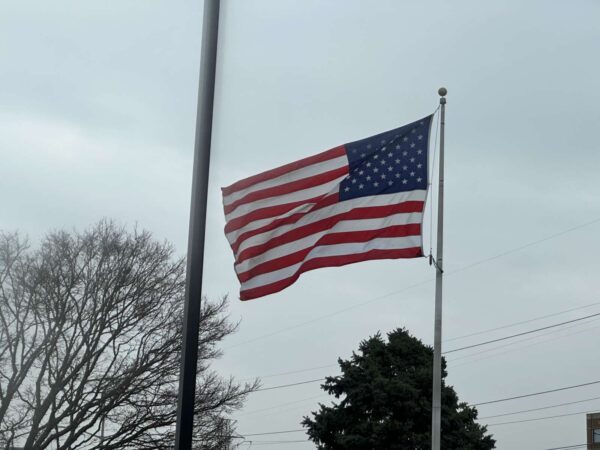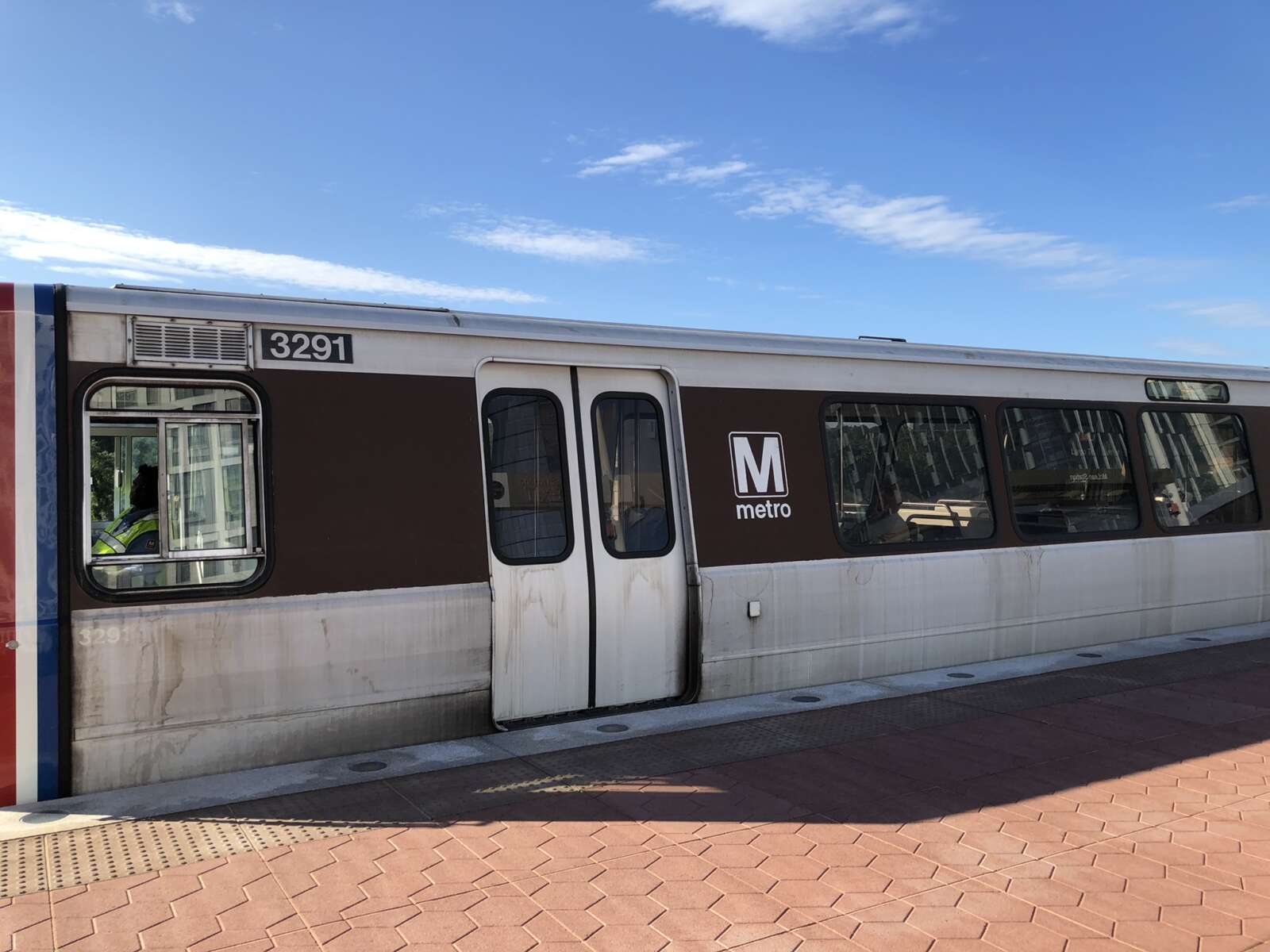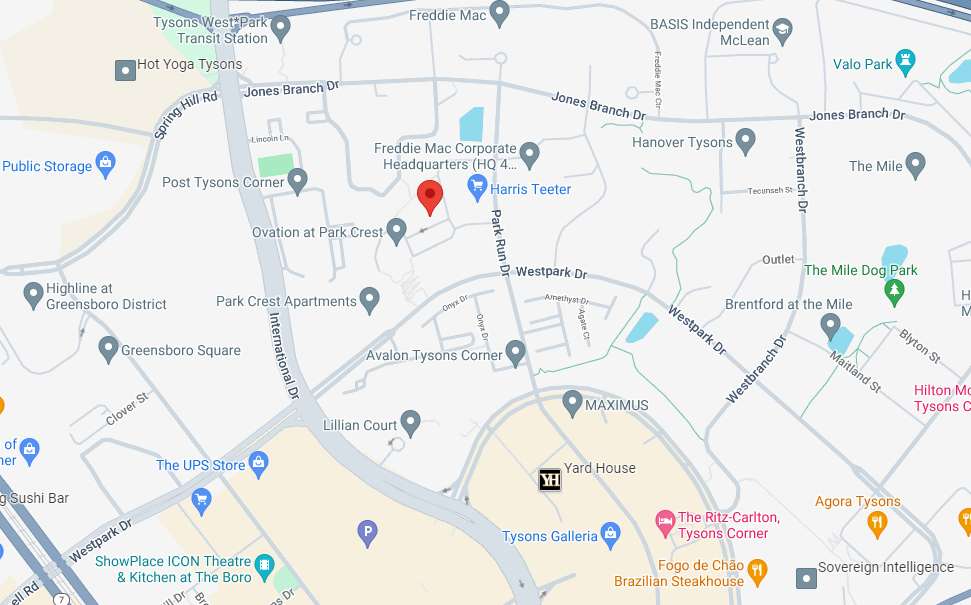
A day after neighboring Arlington County made waves by ending single-family exclusive zoning, Fairfax County saw its own zoning reforms reversed two years after they were approved.
The Virginia Supreme Court declared the county’s Zoning Ordinance Modification Project (zMOD) void yesterday (Thursday) because the new code was adopted at a mostly virtual meeting — a ruling could have consequences for other actions taken during the first years of the pandemic, as noted by Inside NoVA, which first reported the decision.
The county is now operating under its previous zoning ordinance, which had been in place since 1978, according to the zoning administration division’s website.
“We are currently evaluating the Virginia Supreme Court decision and considering our options,” Tony Castrilli, the county’s director of public affairs, said. “In the meantime, the 1978 Zoning Ordinance is presently in effect and available for reference on the County website.”
In a 29-page opinion, Justice Wesley Russell sided with four residents who argued that the Fairfax County Board of Supervisors violated the Virginia Freedom of Information Act’s open meeting requirements by not holding an in-person public hearing or vote.
The county contended that an ordinance adopted on April 14, 2020 gave it the flexibility to hold public meetings on the zoning update and other subjects electronically during the Covid state of emergency.
The Supreme Court disagreed that the ordinance allowed the county government to conduct all regular business electronically, finding that the zoning update doesn’t qualify as “necessary to ensure the continuation of essential functions and services.”
“The modification of a 40-year-old zoning ordinance after a five-year revision process does not satisfy this standard,” Russell wrote. “It is not a time-sensitive matter, and its adoption is not and was not necessary to allow the County to continue operations.”
The residents behind the lawsuit — David Berry, Carol Hawn, Helen Webb and Adrienne Whyte — filed a complaint in Fairfax County Circuit Court on March 5, 2021 seeking to prevent the board from adopting zMOD at a public hearing on March 9, 2021.
The circuit court denied the request and ultimately dismissed the complaint on Sept. 9, 2021, stating that it had been rendered moot by the adoption of zMOD on March 23, 2021 and that the county board’s emergency powers gave it the authority to act at an electronic meeting.
According to Russell’s opinion, the circuit court found that zoning “is inherently an essential act of local government” that’s especially “critical…in the context of a national emergency and state emergency because civility between neighbors is the foundation of domestic tranquility.”
In overruling the lower court, Russell pointed to the five years spent on the zoning code update, which began in 2016, and the fact that the previous ordinance had been in place for 40 years as evidence that its passage wasn’t time-sensitive and, therefore, not “essential”:
Everything about the history of Z-Mod suggests that the adoption of Z-Mod could have waited days, weeks, or months without throwing the County’s operations into even minor distress let alone chaos. Simply put, the consideration and adoption of Z-Mod was not time-sensitive, and thus, acting on it in March 2021 was neither essential nor necessary to allow for the continued operations of Fairfax County government.
The court acknowledged that Virginia adopted a new law more broadly allowing virtual public meetings during states of emergency, but that didn’t take effect until Sept. 1, 2022. The opinion doesn’t comment on the substance of the zoning changes.
Publicly launched in 2017, zMOD was intended to simplify and improve the accessibility of the existing code, which topped 1,000 pages in length.
The county also sought to update the document to better reflect modern trends in land use and development, introducing new categories like solar power facilities that didn’t exist in the 1970s and eliminating ones no longer considered relevant.
Proposals to ease restrictions on accessory living units and home-based businesses and limit the heights of flag poles emerged as the most controversial elements, inspiring five-hour-long public hearings before the board and Fairfax County Planning Commission.
As it determines how to proceed, the county says individuals and businesses can refer to the Department of Planning and Development website for updates.





